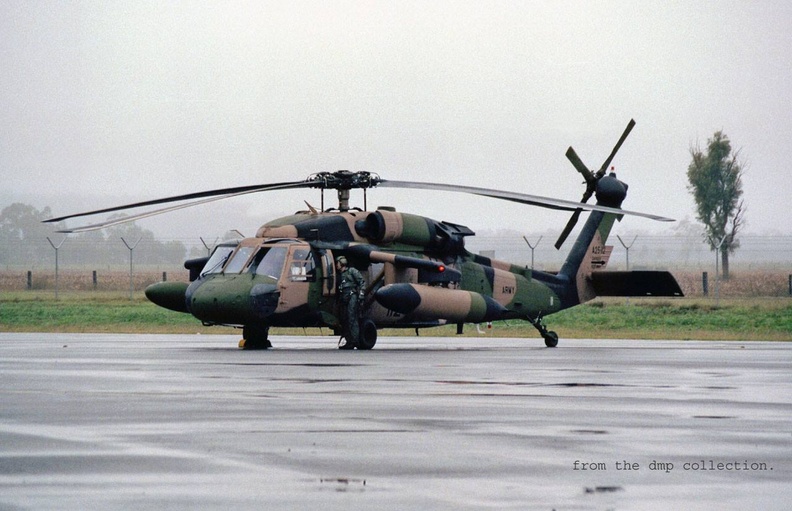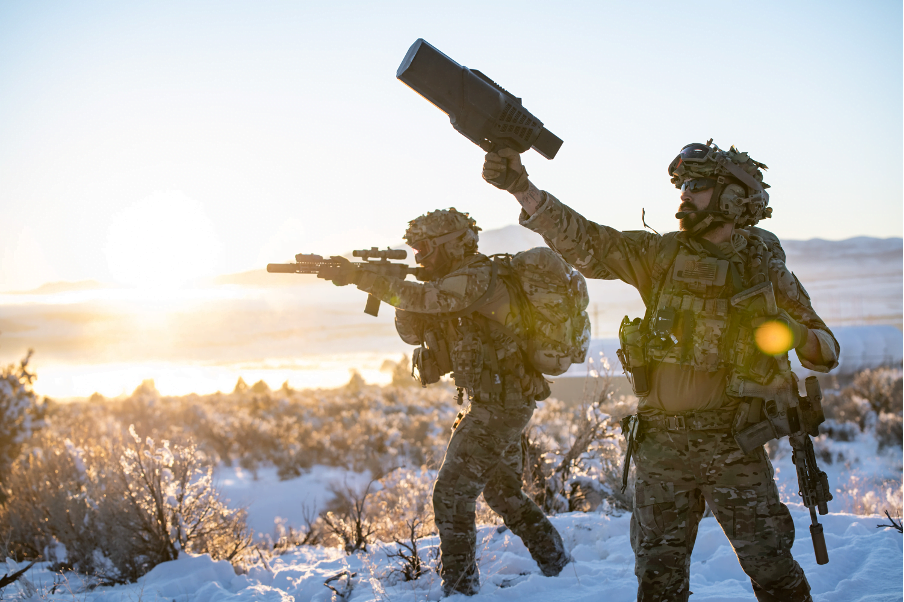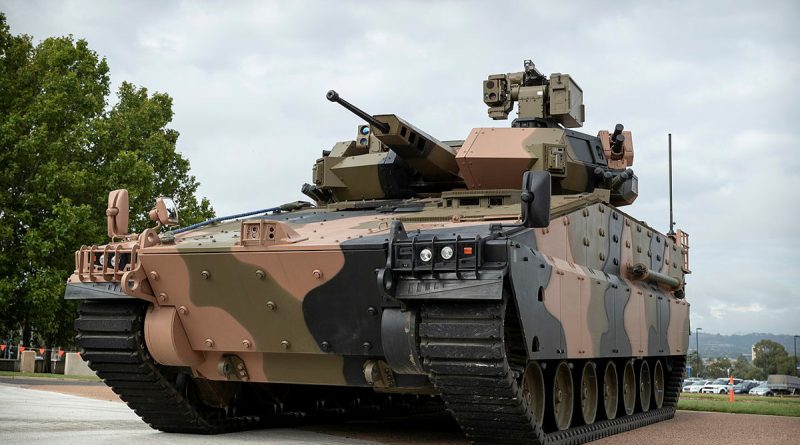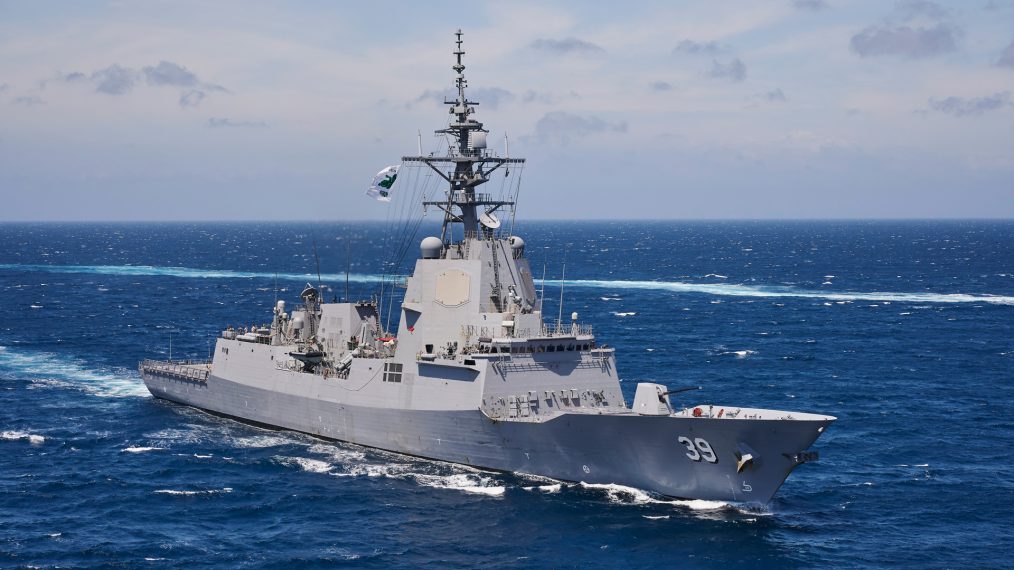Before the outbreak of war in the Pacific, Darwin’s port, its airfield facilities, its coastal defence batteries, and its steadily growing garrison were of vital strategic importance. The Japanese Empire was becoming increasingly aggressive in the region, and Darwin played a critical role as a deployment base for the defence of the Dutch East Indies. Its location and infrastructure made it a prime target should hostilities escalate.
That escalation came swiftly. On the morning of 19 February 1942, the war arrived on Australia’s doorstep in a brutal and unprecedented fashion. At 9:58 AM, the first wave of Japanese aircraft descended upon Darwin, launching a devastating assault on the city’s military and civilian infrastructure. More than 188 Japanese aircraft, fighters, bombers, and dive bombers rained destruction upon the harbour, the airfields, and the township. A second wave of 54 bombers followed later that morning, completing what would become the most devastating attack on Australian soil.
The raids were meticulously planned and executed by the same Japanese fleet that had struck Pearl Harbor just ten weeks earlier. The first wave primarily targeted shipping in the harbour, sinking eight vessels, including the USS Peary, a U.S. Navy destroyer, and the Australian hospital ship Manunda, which suffered significant damage. The airfields, crucial to Australia’s northern defence, were also heavily bombed, with at least 30 aircraft destroyed. The second wave focused on military and civil facilities, ensuring that Darwin’s capacity to serve as a strategic base was severely crippled.
The human cost was staggering. Over 250 people, including Australian and Allied service personnel, merchant seamen, and civilians, lost their lives. Hundreds more were wounded. Chaos reigned as survivors sought shelter and assistance, many unaware of whether further attacks would follow. The city was left smouldering, its streets strewn with wreckage, its people in shock.
Despite this catastrophe, the defence of Darwin was far from over. The city endured another 63 attacks between 1942 and 1943, with enemy bombers targeting northern Australia in a relentless campaign to disrupt Allied operations. While other towns, including Broome, Townsville, and Horn Island, also suffered from Japanese air raids, none bore the brunt of attack as Darwin did on that fateful day in February.
The bombing of Darwin was a harsh awakening for Australia, shattering any lingering illusions of geographic invulnerability. It prompted an urgent strengthening of national defence, increased coordination with Allied forces, and a renewed determination to repel any further threats. It also instilled a lasting resilience in the people of northern Australia, who rebuilt their communities despite the ever-present risk of further attacks.
Today, we pause to remember those who lost their lives in the attacks on Darwin and the broader northern campaign. We honour the courage of those who defended Australia, from airmen and naval personnel to soldiers and civilians who stood their ground in the face of adversity. Their sacrifice reminds us of the price of war and the enduring spirit of a nation that stood firm in its darkest hours.
Lest we forget.










